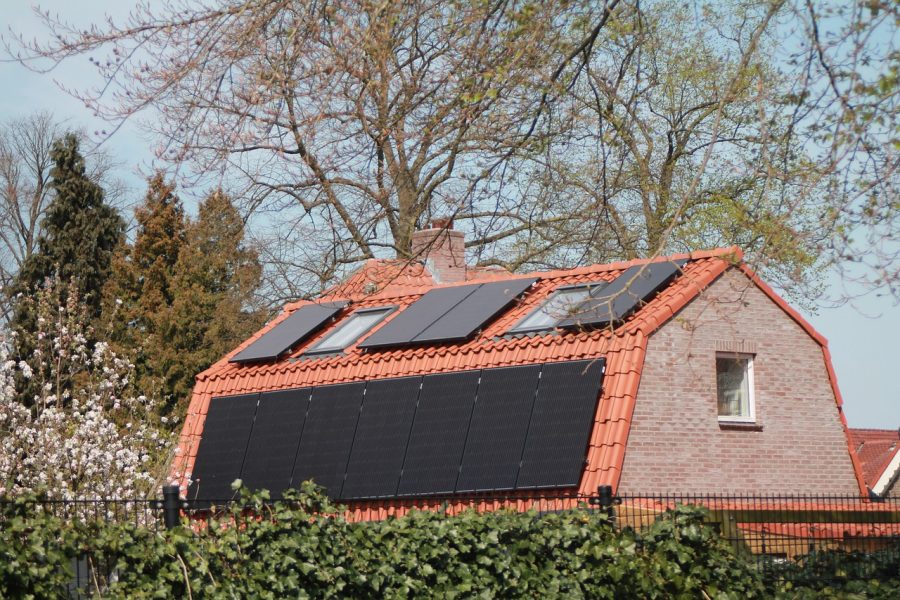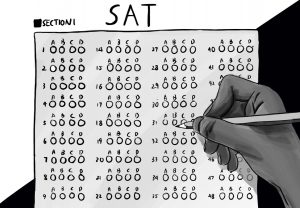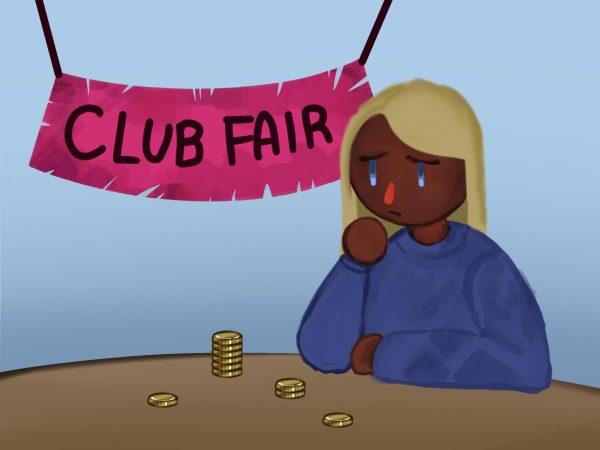What Are SRECs And Why NY Should Have Them
December 18, 2019
Solar energy has been around long enough to earn a reputation as one of the most sustainable sources of electricity, but the cost of installing solar panels can be overwhelming for many households. One of the greatest incentives for switching to solar energy areSolar Renewable Energy Certificates (SRECs), which allow homeowners to earn money off their panel installments.
A key to understanding SREC is the Renewable Portfolio Standard (RPS) regulation, which requires electricity suppliers to ensure that some of their energy comes from renewable sources. If the RPS isn’t met, suppliers are required to pay a fine, which can be avoided by purchasing SRECs from homeowners. Once a solar panel produces one megawatt-hour (MWh) of electricity, an SREC is earned. Depending on the state and current demand in the market, the certificate can be sold for more than $300. To put that in context, in 2018, the average annual electricity consumption for a U.S. household was 10.972 MWh, meaning that an average household with solar panels could earn 10 SRECs or $3000. Although installing solar panels is costly, in the long run, they not only pay off but also create passive income for their owners.
Currently, only seven states have an active SREC market, including Delaware, Maryland, New Jersey, Massachusetts, Pennsylvania, Illinois, and Ohio as well as the District of Columbia. Not all the states have RPS set in place, and even those that do often lack favorable legislative conditions to pass the bill, hence the small number of states with SREC. New York doesn’t have the market either, although some attempts have been made to create it. As an alternative incentive, the state uses tax exemptions that can be combined with federal-level incentives, such as the investment tax credit, which provides a 30% federal tax deduction on solar panel installations.
Although the federal and New York state-specified benefits make a significant difference for homeowners, an SREC market possibility should not be overlooked. The state is at a considerable advantage of not having to develop the system from scratch and being able to learn from the successes and failures of its neighboring New Jersey, Pennsylvania, and Massachusetts.
Although in the short run the cost of solar panels might seem to outweigh the benefits of “free” electricity, the government is finally catching up with the sustainable energy trend, going as far as to mandate electricity suppliers to comply with RPS standards. Due to that, the homeowners have an opportunity to earn a stable passive income with a tremendous benefit for the environment by getting involved in the SREC market.























